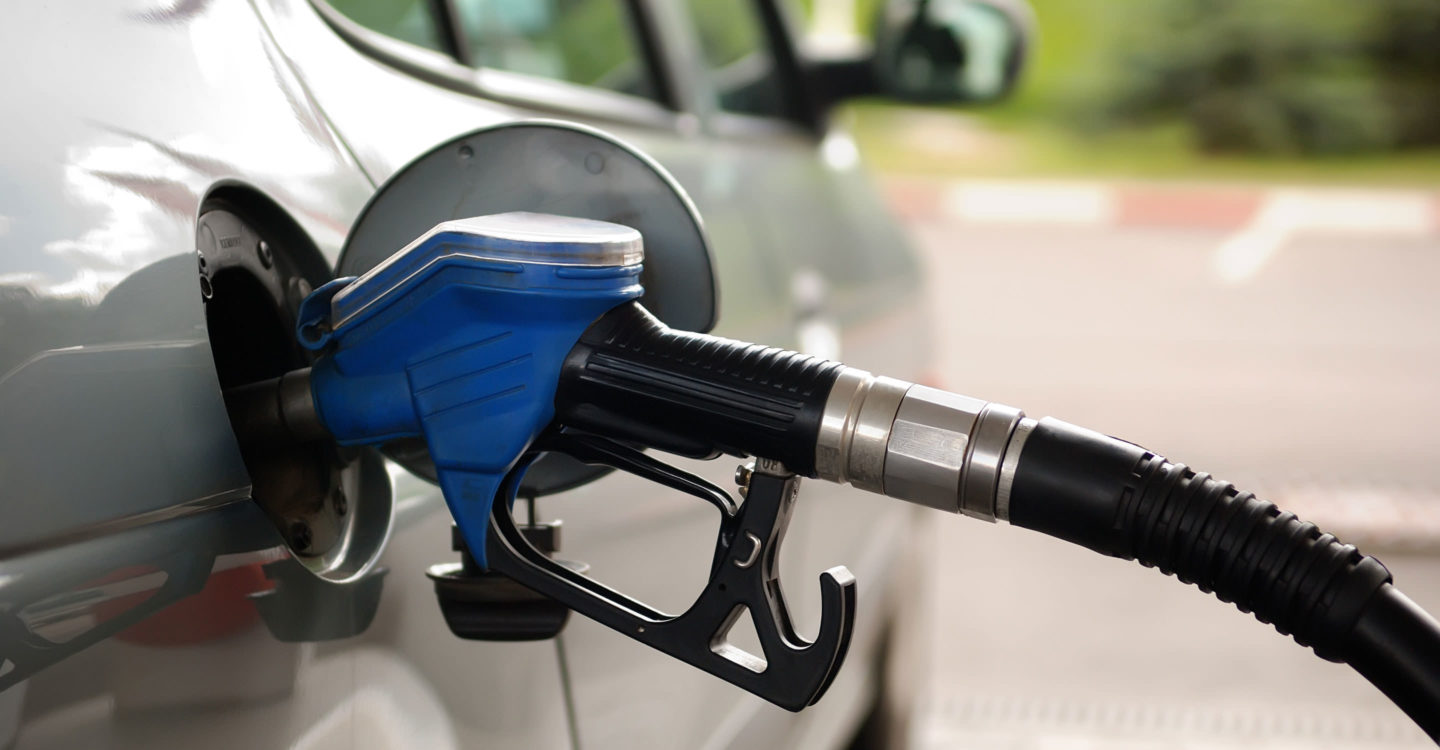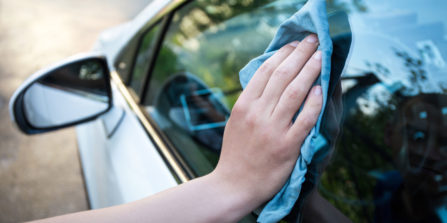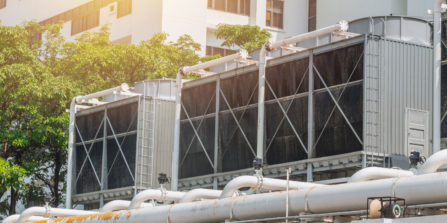
11 Ways To Reduce Your Fuel Consumption
The frequency with which you visit the pump isn’t entirely controlled by the make and model of your vehicle. There are simple steps you can take to get the most out of a tank of gas – here are our favourites.
For many motorists, steadily rising fuel prices and environmental concerns have focused their attention on fuel economy. Fortunately, there are better options to reduce your fuel expense than scrapping your car for a hybrid or pint-sized econo-box. We’ve curated a list of very simple ways you can do to lower your fuel consumption. Individually each tip will contribute to modest fuel savings, but when used in conjunction with each other you will find substantial improvements in efficiency.
1. Check Your Tire Pressure Monthly
Over-inflated tires lack stopping power, and under inflated tires burn more fuel. Tires that are under-inflated by just 8 pounds of pressure will be 5% less efficient that properly filled tires. Checking tire pressure, and correcting for any issues, will keep you save and save you money.
2. Patience at the Pump
After the gas pump has automatically shut off, there will still be up to a quarter of a cup of fuel left in the nozzle. Make sure you keep the hose in the tank until after the pump shuts off and wait for the fuel to fully drain. You’ve already paid for that fuel, so you might as well make sure it ends up in your tank.
3. Professionally Tinted Windows
From a fuel economy perspective, tinted windows accomplish two things: reduce the amount of heat that enters the vehicle in the summer and increase the heat retention of your vehicle in the winter. Given the extreme temperature fluctuations we experience in Toronto, this tip is especially relevant. High-quality solar window tint will lighten the load on your air conditioner and heater year-round, meaning your engine will run more efficiently.
4. Cruise
Most modern cars are equipped with cruise control. This function can save you up to 6% in fuel consumption for highway driving, not to mention preventing your right foot from falling asleep.
5. Say No to Idling
Despite popular opinion, modern cars use less fuel being turned off and re-started than they do from idling for a minute. Idling consumes 2-4 litres of gas per hour, so this is a truly needless waste of gas.
6. Lighten the Load
For a typical passenger car, an extra 50kgs will reduce fuel economy by around 2%. The lighter the load, the more efficient your vehicle and the less gas it will consume. Removing roof racks when they aren’t in use is a good way to increase aerodynamics, which will be reflected at the pump.
7. Avoid Revving
Excessive revving wastes fuel. Revving before turning the engine off will wash oil down from inside the cylinder walls. The next time the engine starts up, the cylinder walls will be dry; this is not a good thing.
8. Drive Smoothly
Braking and accelerating quickly both waste fuel. The most efficient driving style is also the smoothest, so embrace coasting when you can. When it is time to accelerate, doing so at a moderate rate will save fuel.
9. One Pedal at a Time
10. Avoid Rough Roads
Dirt or gravel roads can make your vehicle up to 30% less efficient, when compared to smooth asphalt. If there is a paved option, it is definitely a good idea to select it. Of course, there are times when you can’t avoid driving on an unpaved road; when this happens, driving under control at a moderate pace will be more efficient than driving quickly.
11. Tires
Consider the conditions under which the bulk of your driving occurs. If you mostly drive on the pavement, your tires should reflect this. Chunky, heavily treaded off-road tires waste fuel on the pavement, so if they aren’t necessary, it’s a better idea to get a fuel-efficient tread.
These are our best tips for simple actions that can save you money at the pump and reduce your CO2 emissions at the same time. To us, that sounds like a win-win. If you have any tips that we’ve missed, we would love to hear about them in the comments below.





